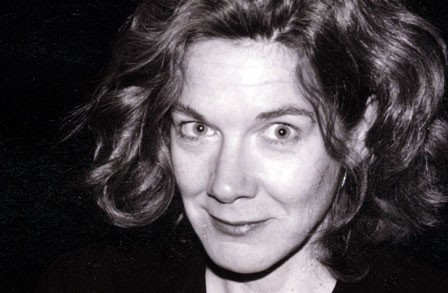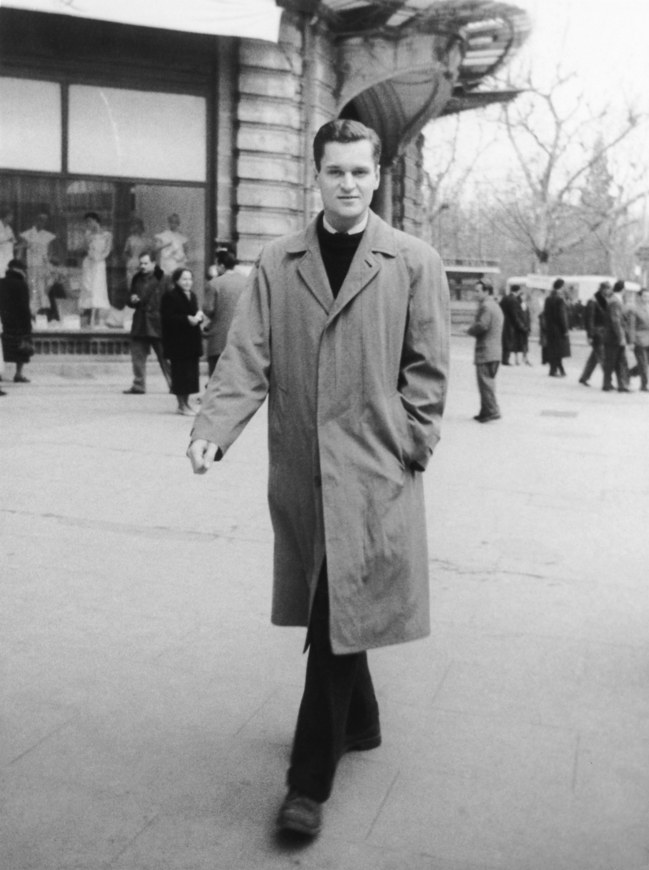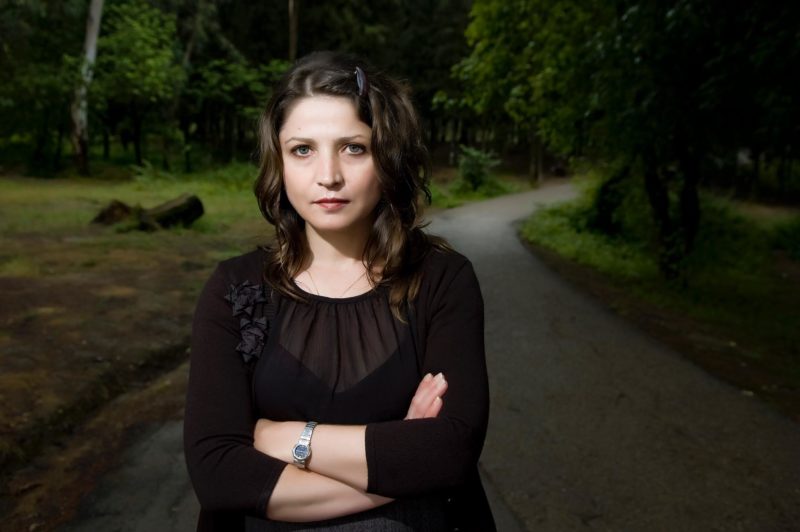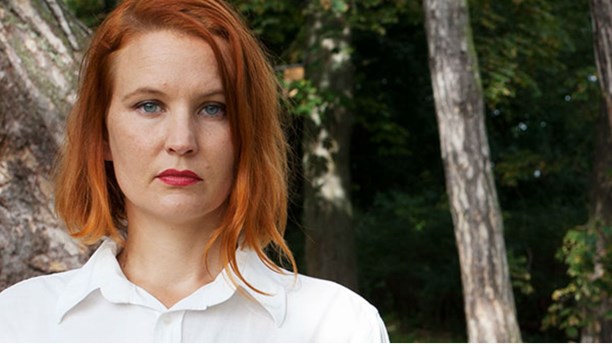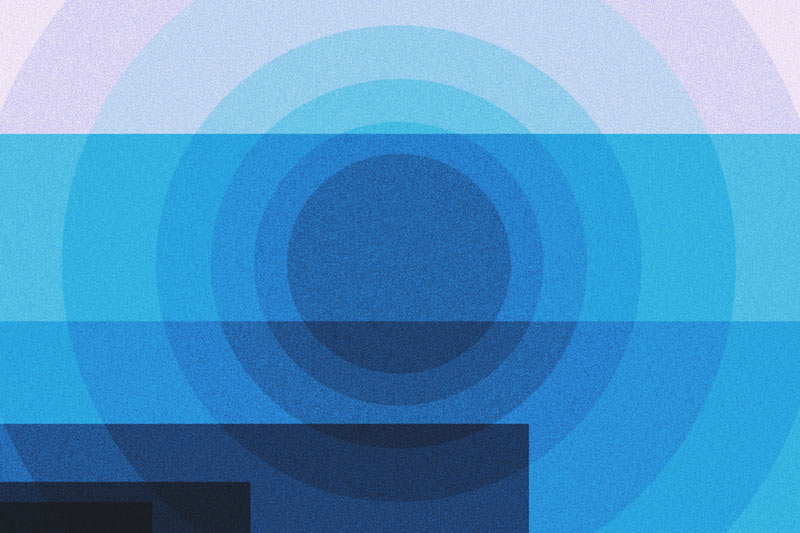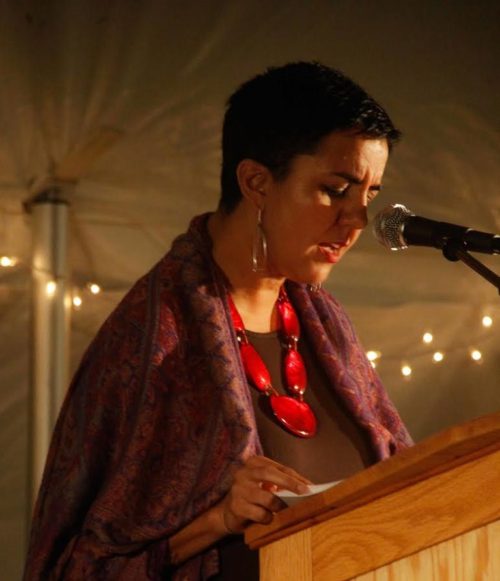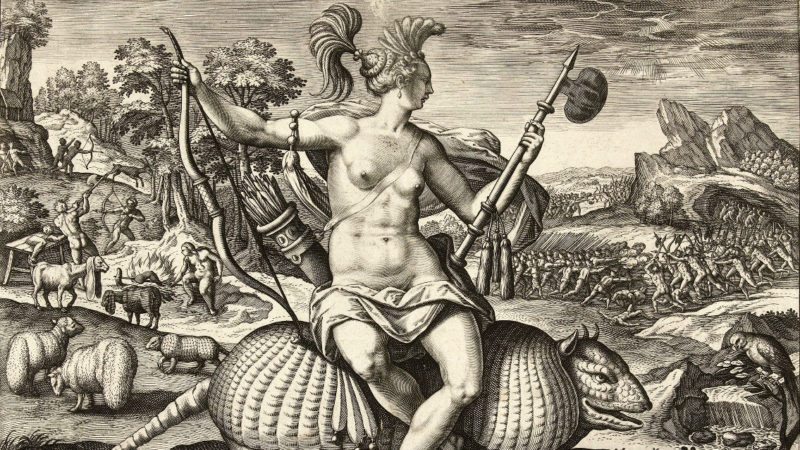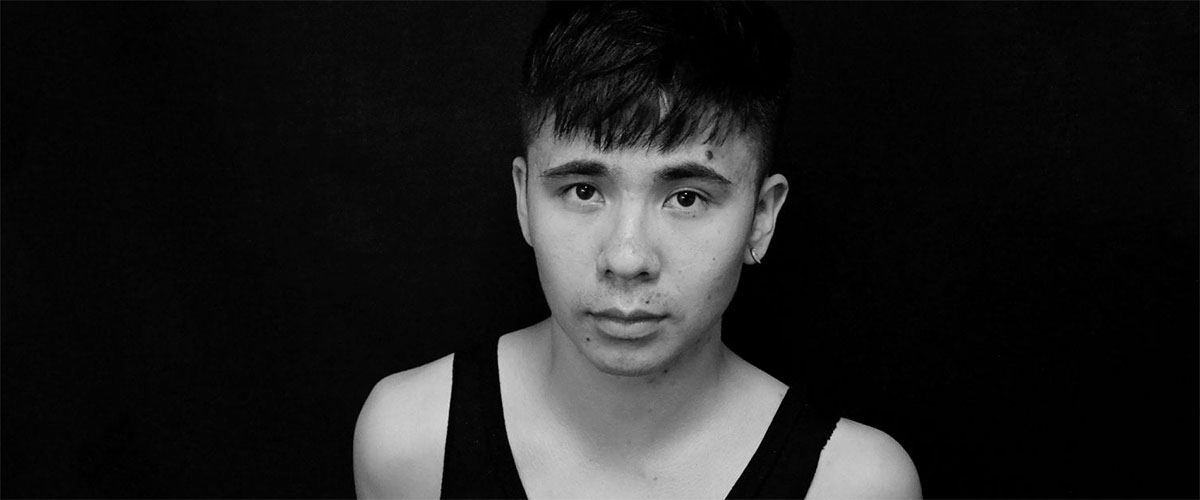
(…)
Is there a book you wish you had written?
No, if it’s good and beautiful and already made, what difference does it make if I had written a certain book or not? I have been trying to interrogate the notion of art-making as possession and conquest. This idea of creation as possession can lead to envy and bitterness—which is a total buzzkill to creativity.
As a writer, I feel more potent and powerful when I see myself working in a great river of language, one that has been running before me and will continue after me. In this window of time we call a life, I get to add to that river. That’s kind of cool I think. To walk into a party (sorry, new metaphor), say a bunch of super emotional stuff, then be like: “Thanks for listening, guys, but I have to go feed my dog, Susan—he’s diabetic,” then climb out the window, down the fire escape, and fade into the night.
What’s the book you reread the most?
One Big Self by C.D. Wright, Slow Lightning by Eduardo C. Corral, and Jesus’s Son by Denis Johnson.
Name a classic you feel guilty about never having read?
Pride and Prejudice. And like 50 others.
What’s the new book you’re most looking forward to?
Hieu Minh Nguyen’s Not Here (Coffee House Press, 2018) is a book I brace for, in awe and relief. His work is so tight, searing, and unabashedly sharp and full at once. His poems turn me into a horizontal entity. Reading them, I have to lie down. They remind me of gravity, how it pins me to the world without ever touching me. Hieu’s work is like that. A kind of force. Or better yet, a force of kindness.
What are you currently working on?
I’m writing a novel composed of woven inter-genre fragments. To me, a book made entirely out of unbridged fractures feels most faithful to the physical and psychological displacement I experience as a human being. I’m interested in a novel that consciously rejects the notion that something has to be whole in order to tell a complete story. I also want to interrogate the arbitrary measurements of a “successful” literary work, particularly as it relates to canonical Western values. For example, we traditionally privilege congruency and balance in fiction, we want our themes linked, our conflicts “resolved,” and our plots “ironed out.” But when one arrives at the page through colonized, plundered, and erased histories and diasporas, to write a smooth and cohesive novel is to ultimately write a lie. In a way, I’m curious about a work that rejects its patriarchal predecessors as a way of accepting its fissured self. I think, perennially, of Theresa Hak Kyung Cha’s Dictée. This resistance to dominant convention is not only the isolated concern of marginalized writers—but all writers—and perhaps especially white writers, who can gain so much by questioning how the ways we value art can replicate the very oppressive legacies we strive to end.
I’m also working on riding my bike with no hands. I’m getting really close. The other day I made it half way down my block without touching my handlebars. My goal, by the end of the year, is to ride my bike to a friend’s house while carrying, with both hands, a pink box of vegan cupcakes. I’m optimistic. But who knows—we’re in the Trump era after all.
This all sounds terribly pretentious (no-hands cupcake delivery included). But I believe in it. So I’m gonna try my best.



